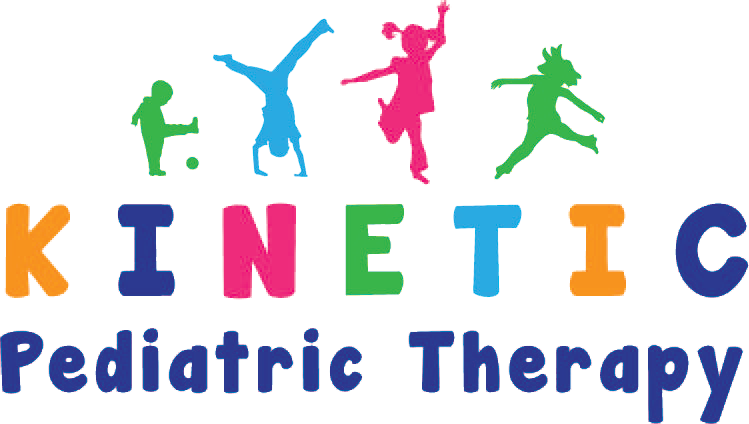
Addressing the Behavioral Needs of Students with Autism Spectrum Disorder (ASD) in Mainstream Classrooms
Every student on the autism spectrum has unique strengths and challenges. The behavioral needs of students with autism spectrum often stem from their difficulties in processing sensory information, managing emotions, or communicating effectively. These challenges may result in behaviors such as:
- Difficulty transitioning between activities
- Resistance to changes in routine
- Emotional outbursts or meltdowns
- Avoidance of social interactions
- Repetitive or self-stimulating behaviors (stimming)
Addressing these needs requires a comprehensive approach that includes understanding the root causes of the behavior, tailoring interventions, and fostering a collaborative support system involving teachers, parents, and therapists.
Understanding the Behavioral Needs of Students with Autism: A Guide for Mainstream Educators
Behavioral therapy is a cornerstone of intervention for students with autism spectrum. It focuses on understanding and modifying behaviors to enhance communication, social skills, and emotional regulation. Evidence-based approaches like Applied Behavior Analysis (ABA) and Positive Behavioral Interventions and Supports (PBIS) are commonly used to address the behavioral needs of students with autism spectrum.
Applied Behavior Analysis (ABA)
ABA is a structured approach that uses positive reinforcement to encourage desired behaviors while reducing challenging ones. It helps students:
- Develop communication skills
- Improve focus and attention
- Enhance problem-solving abilities
Positive Behavioral Interventions and Supports (PBIS)
PBIS is a proactive framework that promotes positive behavior through consistent support and reinforcement. It focuses on:
- Teaching social and emotional skills
- Preventing problematic behaviors
- Creating an inclusive, positive learning environment
These approaches are highly effective in helping students with autism spectrum navigate the complexities of daily life and thrive in school settings.
Tailoring Strategies to Meet the Behavioral Needs of Students with Autism Spectrum
Addressing the behavioral needs of students with autism spectrum requires individualized strategies that consider their unique challenges and strengths. Here are some effective approaches:
- Understanding Sensory Sensitivities
Students with autism spectrum often experience heightened or reduced sensitivity to sensory input. This can lead to discomfort or overstimulation in noisy, crowded, or brightly lit environments. Tailoring the environment by:
- Using noise-canceling headphones
- Providing quiet spaces
- Incorporating sensory-friendly tools like fidget items
can help reduce stress and promote focus.
- Building Predictable Routines
Predictability and structure are essential for students with autism spectrum. Clear routines and visual schedules help them anticipate what’s coming next, reducing anxiety and improving behavior. Teachers and parents can:
- Use visual aids like charts or digital apps
- Provide advance notice of schedule changes
- Offer consistent cues for transitions
- Strengthening Communication Skills
Difficulty expressing needs or emotions can lead to frustration and challenging behaviors. Teaching communication strategies, such as using visual communication boards, sign language, or speech therapy, empowers students to express themselves effectively.
- Encouraging Social Interactions
Social skills can be a challenge for students with autism spectrum, but they are essential for long-term success. Role-playing, peer mentoring, and guided social interactions are excellent ways to build confidence and improve social abilities.
Collaboration: A Key to Success
Addressing the behavioral needs of students with autism spectrum is a collaborative effort involving educators, parents, therapists, and the students themselves. Open communication and teamwork ensure that everyone is on the same page and working toward shared goals. Here’s how collaboration can make a difference:
- Teachers can implement classroom strategies and provide ongoing feedback.
- Parents can reinforce positive behaviors at home and share insights about their child’s triggers or preferences.
- Therapists can provide specialized interventions and training for educators and caregivers.
At Kinetic Pediatric Contract Therapy, we prioritize collaboration, ensuring that everyone involved in a student’s life is equipped with the tools and knowledge to support their development.
The Role of Behavioral Therapy
The Long-Term Benefits of Addressing Behavioral Needs
When the behavioral needs of students with autism spectrum are addressed effectively, the impact extends far beyond the classroom. Students develop the skills they need to:
- Build meaningful relationships
- Succeed academically
- Navigate daily challenges with confidence
- Gain independence as they transition into adulthood
Behavioral therapy and tailored interventions help students reach their full potential, setting them on a path to a brighter future.
Why Choose Kinetic Pediatric Contract Therapy?
At Kinetic Pediatric Contract Therapy, we understand the complexities of autism spectrum and are committed to providing high-quality behavioral therapy services. Here’s why families and schools trust us:
- Experienced Therapists: Our team specializes in working with students with autism spectrum, using evidence-based techniques to address their unique needs.
- Individualized Plans: We create personalized strategies tailored to each student’s strengths and challenges.
- Supportive Approach: We foster a positive, inclusive environment where students feel safe and empowered.
Visit our behavioral therapy page to learn more about our services and how we can help students with autism spectrum succeed.
Empowering Students with Autism Spectrum to Thrive
Supporting the behavioral needs of students with autism spectrum is not just about managing behaviors—it’s about unlocking their potential. By understanding their challenges, tailoring interventions, and fostering collaboration, we can help students achieve their goals and thrive in every aspect of life.
If you’re ready to make a difference in a student’s life, contact Kinetic Pediatric Contract Therapy today. Together, we can create a supportive environment where every student has the opportunity to succeed.
🧠 Empower your students with personalized behavioral support! Kinetic Pediatric Contract Therapy offers tailored Behavioral Therapy services to schools across North Carolina, helping children thrive both academically and socially. Our expert therapists work closely with educators and families to address emotional, social, and behavioral challenges, ensuring each child receives the care they need to succeed. 🌟 Let’s create a positive learning environment together—contact us today to bring our Behavioral Therapy services to your school and support every student’s success!
Please Share




